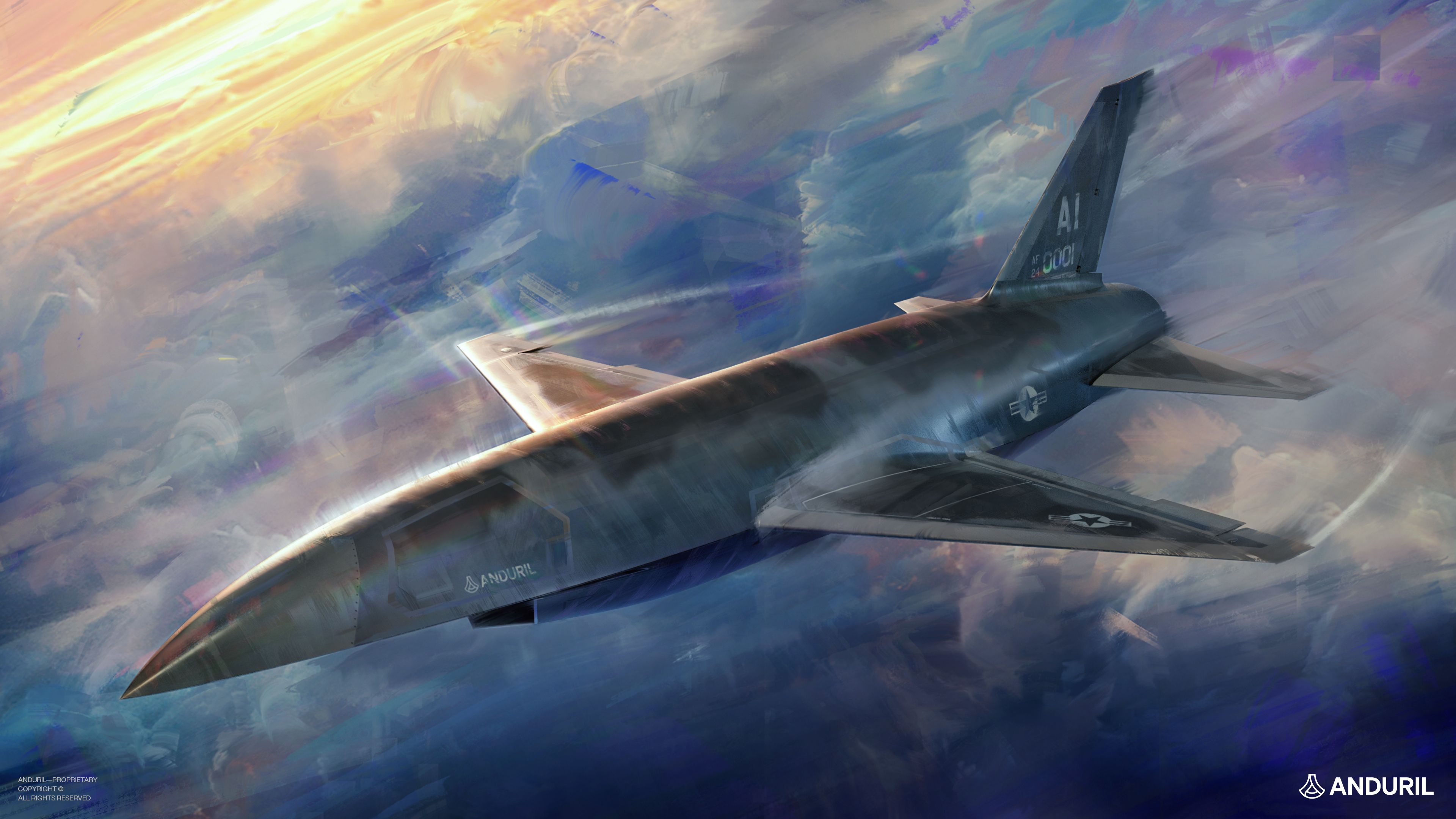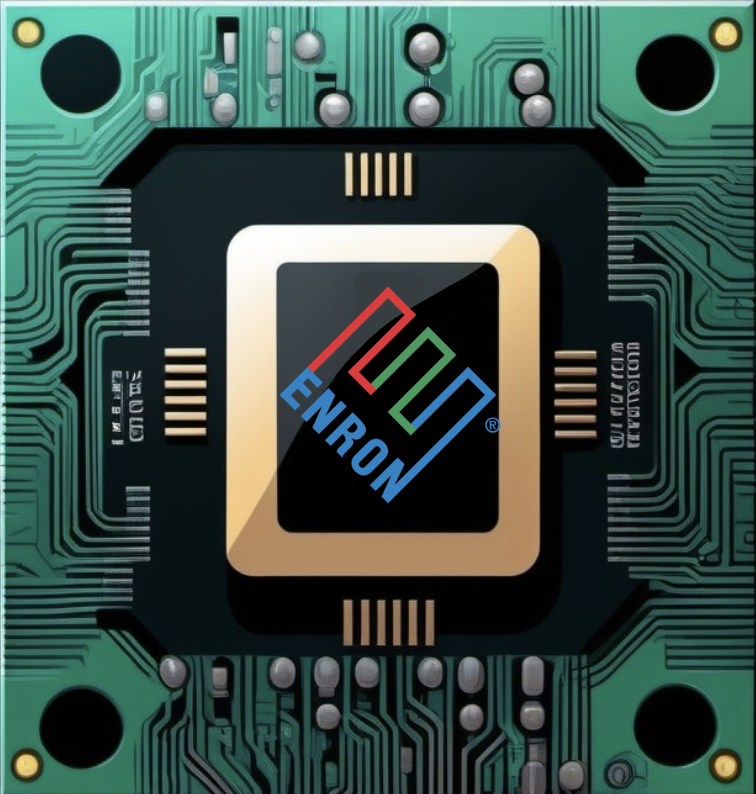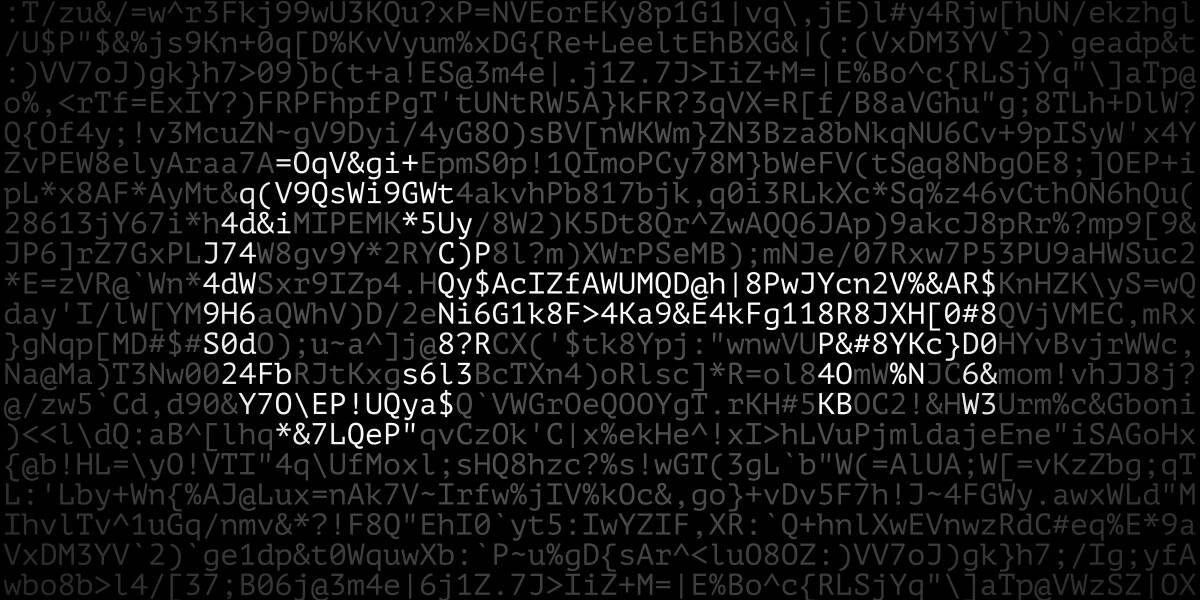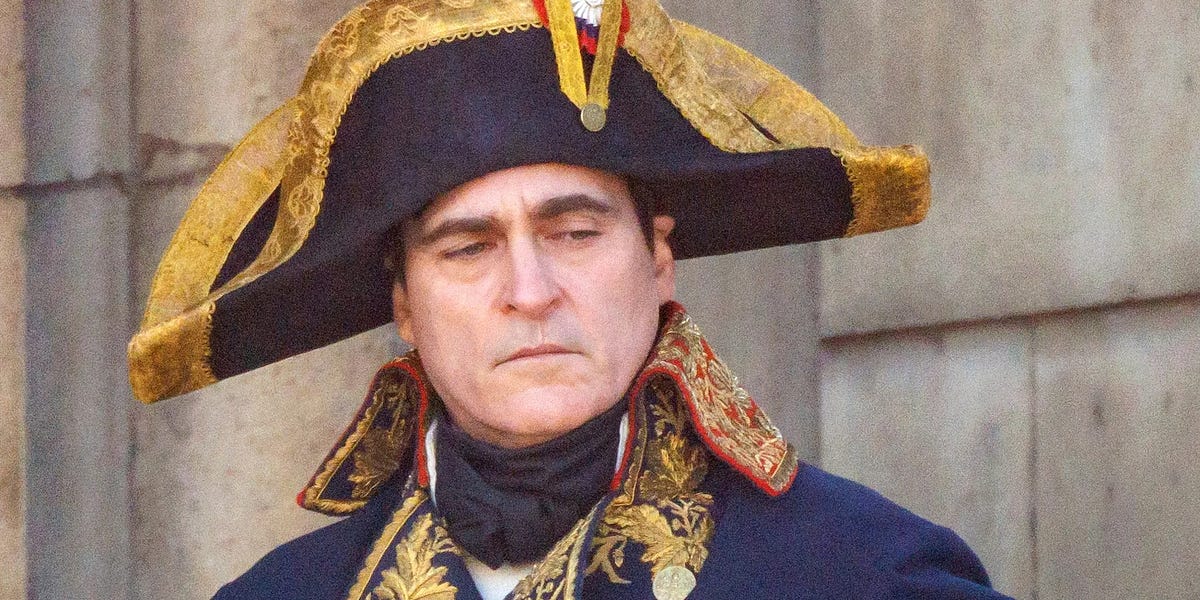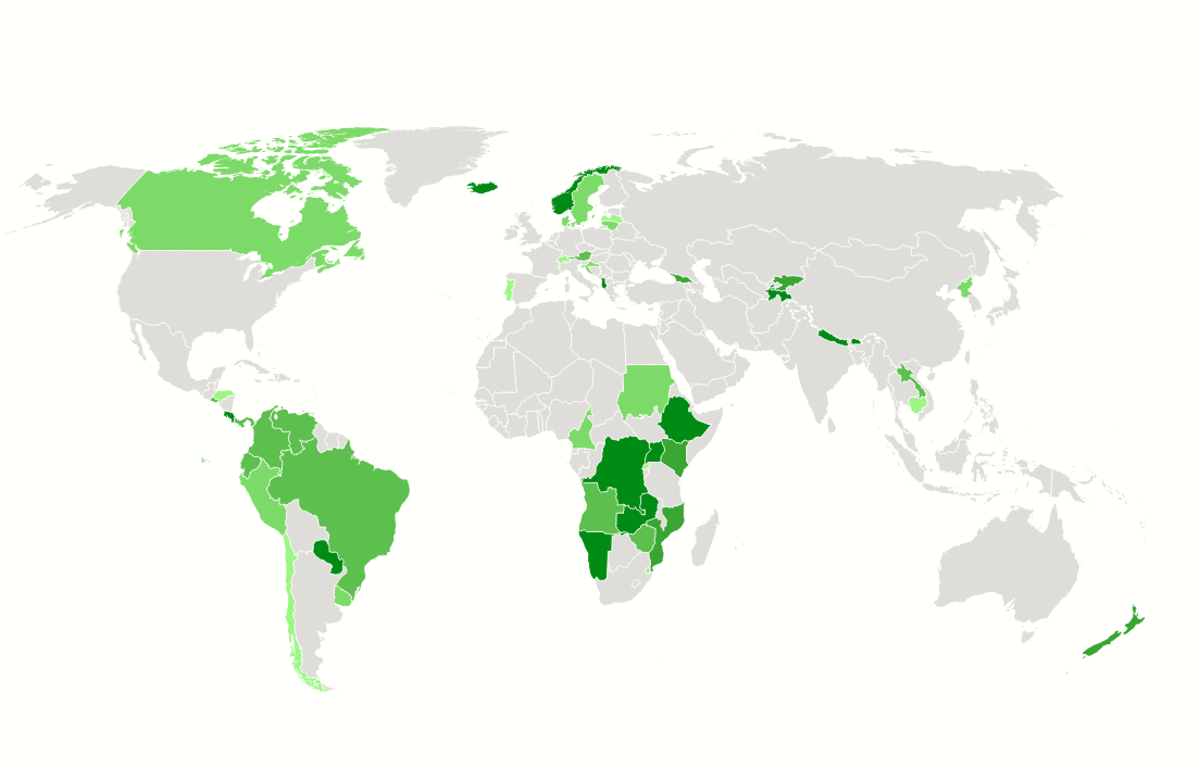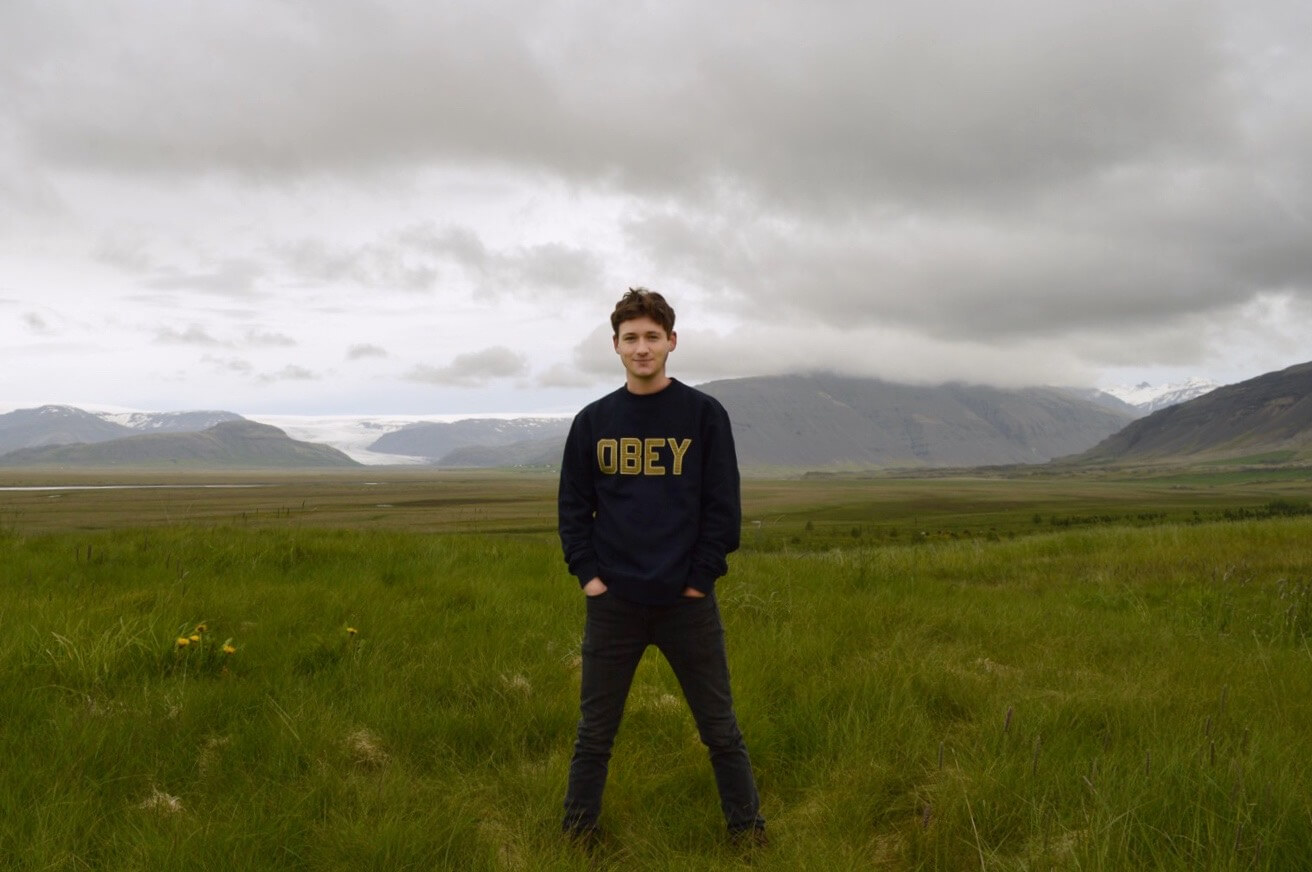
Inhabiting 21st-century science fiction
Previous image Next image
In March, literary heavyweights Kazuo Ishiguro and Neil Gaiman — a Nobel laureate, and the beloved author of "American Gods," "Sandman," and "Good Omens," respectively — convened at an independent bookstore event to discuss genre and science fiction.
They arrived at twin conclusions: one, that rigid genre distinctions between literary works promote an unproductive and false hierarchy of worth, and two, that the 21st century is a very tricky time to attempt to define “science fiction” at all. Gaiman said that he increasingly feels genre “slippage where science fiction is concerned” because, he says, “the world has become science fiction.” The hacking exploits in William Gibson’s novel "Neuromancer" or the sequencing of an entire genome overnight no longer belong to the realm of fantasy. For MIT students, the permeable relationship between reality and science fiction is often familiar territory. In their labs and research projects, students and faculty experience personally the process by which imaginative ideas turn into new techniques, possibilities, medicines, tools, and technologies. (And they learn that many such new realities actually have had their origins in speculative literature.)
Students in the MIT Literature course 21L.434 (21st Century Science Fiction), taught by Assistant Professor Laura Finch, also discover that science fiction is a powerful, useful way to think about and understand the world we currently inhabit. The course, which deals with the imaginative flexibility and speculative potential in science fiction and fantasy, explores how we could inhabit worlds seen through lenses of sci-fi books such as N.K. Jemison’s “The Fifth Season,” Jeff VanderMeer’s “Annihilation,” and China Miéville’s “The City and The City” — all books explored in the class. Seeing the world in new ways Arriving at MIT, Finch knew contemporary science fiction would be natural fit for MIT education — which combines perspectives across a wide range of science, technology, humanities, arts, and social science fields. “All literature classes are about seeing the world a different way,” Finch says, “whether it’s Shakespeare or Milton or realist novels.” The 21st-century science fiction course explores a range of worldviews that are free of conventional boundaries. As students consider seemingly fantastical stories, they rise to the challenge of recognizing characteristics, problems, and potentials that exist in their own societies. “I was immediately drawn to the opportunity to discuss issues of race, gender, and colonialism through a range of speculative fiction,” says Meriam Soltan, a master's student in architecture studies, recalling what attracted her to the class. “Right from the start, Professor Finch framed the genre in a way that really spoke to a whole range of social justice issues that we are attempting to navigate today.”
